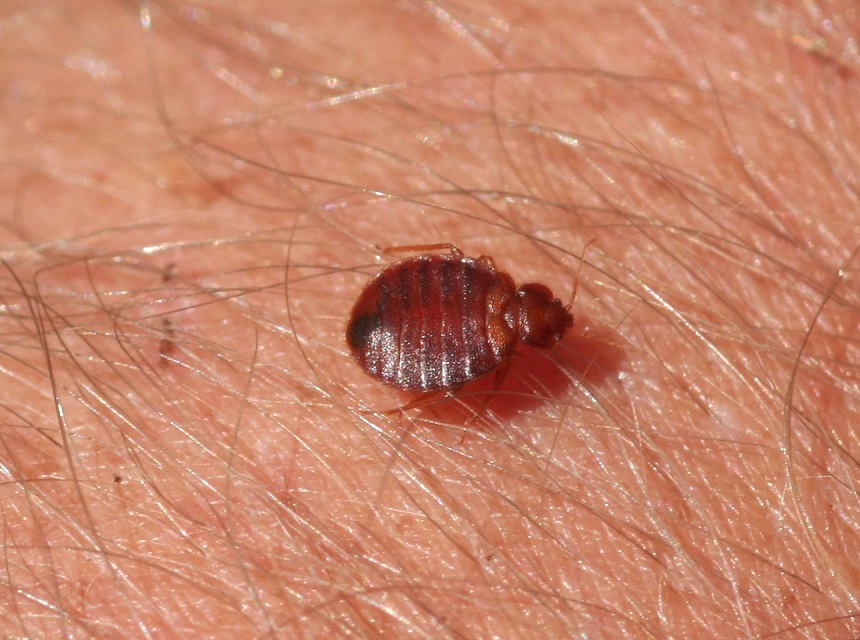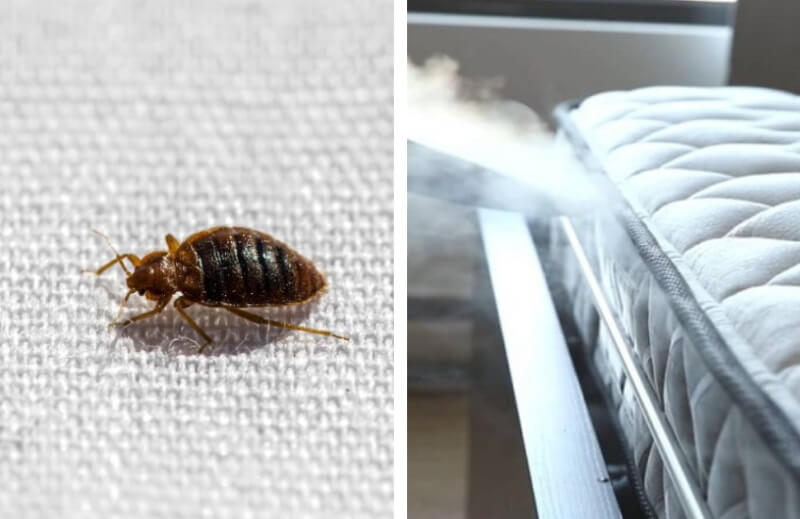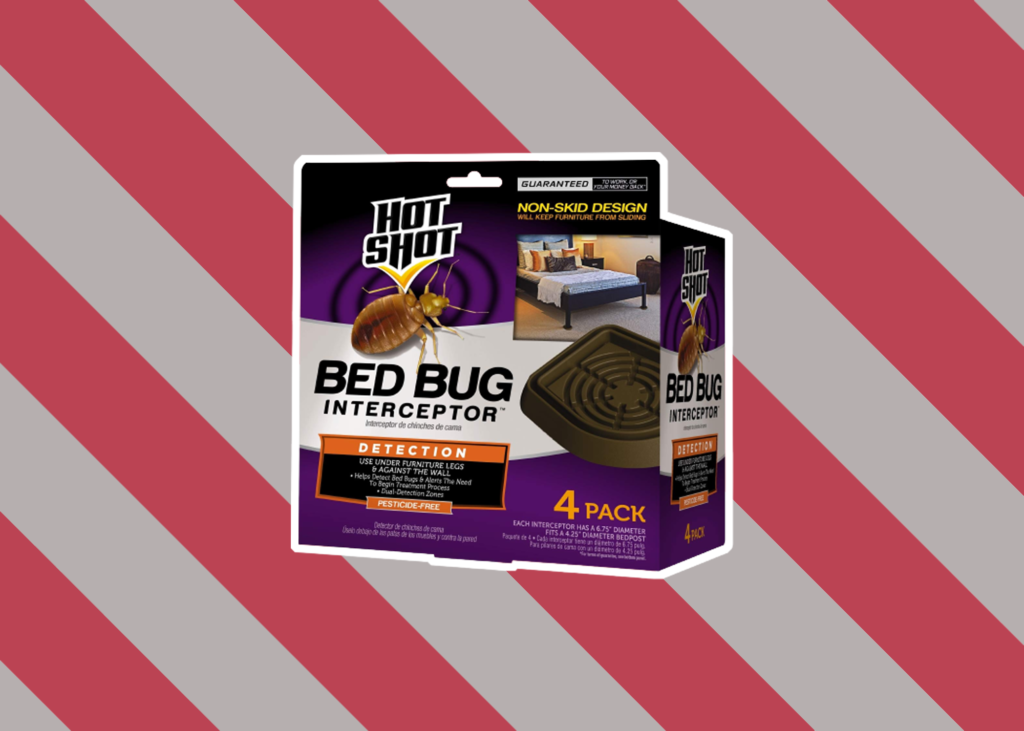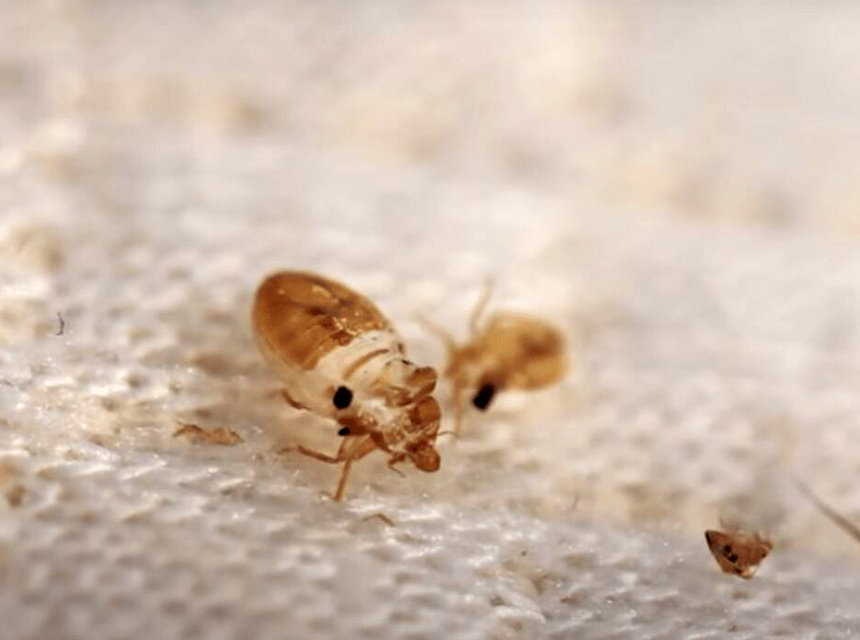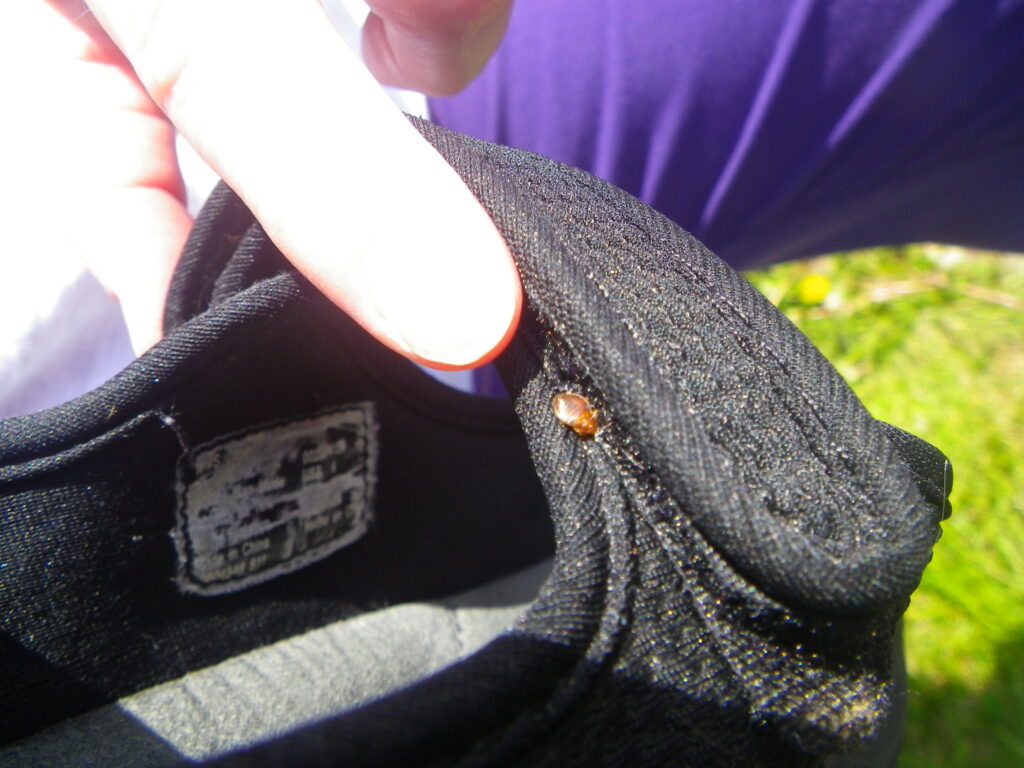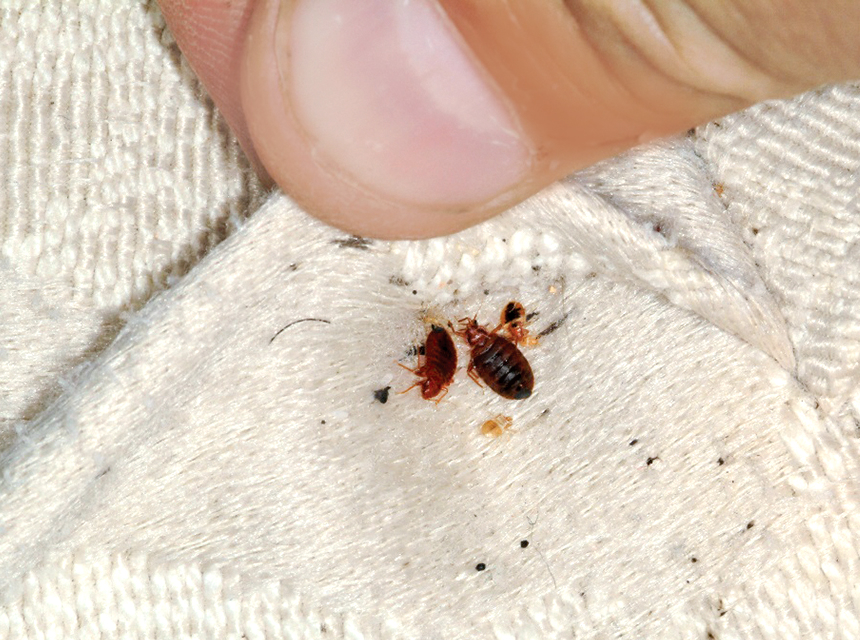

Have you been so sure you have a bed bug infestation for a moment and then suddenly realize the bites aren’t as much? This is possible because bed bugs go dormant. In cold temperatures, bed bugs become inactive. They don’t eat, seek new harborages, or explore. They will lay a few eggs that take a long while before hatching. Bed bugs also go dormant when there is no source of food.
So, how long can bed bugs stay dormant? The blood-sucking critters can go up to four and a half months or longer before dying off completely on their own. The length of their dormancy is determined by the temperature in their environment and the availability of food. Although they hibernate just like most animals, their process is slightly different. This article delves deeper into bed bug hibernation and what encourages them to go dormant.
As mentioned before, bed bugs, like other animals, hibernate, though their process is a bit different. During winter or when there is no food, bed bugs go dormant. They become less active and do not feed or breed. They don’t breed because their young ones, just like other animals, require special care.
They can feed, but less frequently as it takes long to digest food in extremely cold temperatures. In fact, in very cold temperatures, bed bugs don’t feed at all.
If your home is infested by bedbugs, it is highly unlikely they will ever go dormant. Bed bugs love people because they are a great source of food and constant conducive temperatures. If you regulate the temperatures within your home well, then bed bugs have no reason to hibernate.
According to Science Direct, diapause is a hibernation-like condition that enables insects to go dormant and is induced by the need of physiological adjustments.
The main reasons for diapause are;
Bed bugs will come out of dormancy when the environmental conditions become conducive. With their high propensity for warmth, they will become active during the summer when it is suitably warm for reproduction and feeding.
The summer also comes with humidity, preventing bed bugs from dying out. Humidity also provides great conditions for traveling long distances to spread as fast and far as they can.
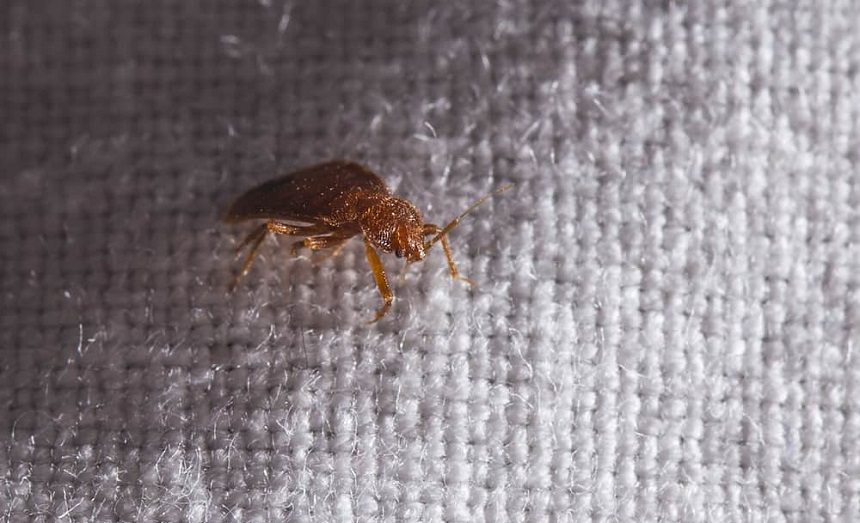
Bed bugs can lay eggs, but they may take a long time to hatch. During dormancy, breeding is minimized because the young one would need special care. With unsuitable environmental conditions, the young ones may not survive. At room temperature, a bed bug egg takes about a week to hatch. When the temperature is extremely low, it may take a few weeks to months. At 59 degrees F or lower, a bed bug egg won’t hatch.
A nymph emerges when a bed bug egg hatches. The US Environmental Protection Agency (EPA) defines a nymph as a baby bed bug. The nymph stage involves five rounds of molting in ideal environmental conditions. The molting phase can only begin when the baby bed bug feeds. After ten days, it grows and sheds its shell, then repeats the process five times. Therefore it takes about 50 to 60 days for a baby bed bug to grow into an adult and begin laying eggs.
However, if there is no food, the molting process cannot happen. If there is food and the temperatures are extremely low, the molting process can happen at a very slow rate because digestion is also slowed down.
Nymphs can go up to three months without a blood meal
Adult bed bugs can survive in harsh conditions for a very long time. A study by the National Library of Medicine reveals that bed bugs have an extraordinary ability to resist dehydration between meals, thus prolonging their survival when no host is available.
Adult bed bugs can go up to a year without feeding.
Ten years ago, a laboratory research was conducted, and the results proved that adult bed bugs could survive up to 500 days without a blood meal. The time sounds unrealistic because a bed bug in a natural setting would rather find food when the environmental conditions are conducive than remain dormant that long.
Besides surviving lack of food, adult bed bugs are highly resilient to cold temperatures. According to a paper by the entomology department at the University of Kentucky, cold temperatures increase their ability to survive without a blood meal. In a temperature-controlled building, bed bugs would not go more than four months without feeding. However, if the temperatures go as low as 0 degrees F, they would die in less than a week.
You can force bed bugs into hibernation, but it is not the most effective way to eliminate an infestation. A cold treatment can send bed bugs into hibernation. If you reduce the temperature in your home below 59 degrees F, the bed bugs won’t reproduce or feed, but once you switch back to room temperature, they will resume an active life. The only sure way to get rid of a bed bug infestation is to leave your home and lower the temperature to extremely intolerant levels.
At 0 degrees F, all the bed bugs in your home would die in less than a week.
Trying to starve bed bugs to death also isn’t the best extermination technique. They will stop breeding but will move around a lot, looking for a host. You can use conventional bed bugs extermination methods like heat treatment and pesticides. You may read our article about the best bed bug foggers for the best deals and a useful buying guide.
The scavenger natural bed bug killer is the most acclaimed pesticide known to have 100% efficacy against bed bugs. It kills bed bugs in all stages, including eggs and nymphs.
If you are looking to go natural, try the popular Safer Brand 51703, OMRI Listed Diatomaceous Earth. It is unscented and can kill other bugs, including roaches, fleas, and ants.
Bed bugs go dormant just like other insects to survive harsh environmental conditions. When dormant, they stop feeding and breeding. If you were certain you had an infestation a few weeks ago and now the bites seem to have reduced, then it means the temperatures are too low for the little critters to come for a hearty meal. However, if the temperature in your home is regulated, the bed bugs would never have a reason to hibernate and will continue to bite and reproduce.
How long can bed bugs stay dormant? The longest an adult bed bug can go without food in extremely cold conditions is a little over a year. The baby bed bugs can survive three months without food. Eggs almost never hatch in unsuitable environmental conditions.
